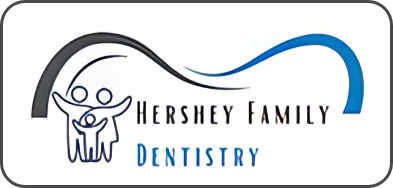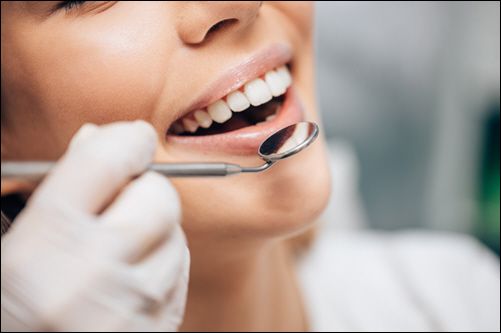Routine dental exams are an important preventive dentistry measure to keeping your smile healthy, strong, and free from potential issues. Regular check-ups, typically recommended every six months, allow your dentist to catch problems early, prevent future complications, and maintain your overall oral health. These exams are more than just a cleaning; they provide a comprehensive assessment that supports both oral and general health.
Why Dental Exams Are Important
 Routine exams go beyond just checking for cavities. During each visit, your dentist inspects your entire mouth, including teeth, gums, and soft tissues, to detect signs of decay, gum disease, oral cancer, and other issues that can develop without obvious symptoms. When caught early, these issues are easier, less expensive, and less invasive to treat.
Routine exams go beyond just checking for cavities. During each visit, your dentist inspects your entire mouth, including teeth, gums, and soft tissues, to detect signs of decay, gum disease, oral cancer, and other issues that can develop without obvious symptoms. When caught early, these issues are easier, less expensive, and less invasive to treat.
Gum disease, for example, begins with mild symptoms like redness or slight swelling, but if left untreated, it can progress to periodontitis, which can lead to tooth loss and even affect your heart health. Regular exams help prevent such conditions, keeping your gums and teeth in the best possible condition.
Routine exams also provide a foundation for personalized dental care. By consistently tracking your oral health, your dentist can recommend specific treatments or hygiene practices to address any unique needs. This proactive approach supports long-term health and helps avoid emergency visits.
What to Expect During a Dental Exam
Knowing what to expect during a routine dental exam can make the experience more comfortable and help you feel prepared. A typical exam includes the following steps:
- Review of Medical and Dental History: Your dentist begins by discussing any changes in your medical history, medications, or oral health since your last visit. This information helps them understand any potential factors that might impact your dental care.
- Professional Cleaning: A dental hygienist will clean your teeth to remove plaque and tartar buildup, which daily brushing and flossing can’t completely eliminate. They’ll use specialized tools to clean around the gumline, polish your teeth, and provide a flossing treatment to remove any remaining debris.
- Oral Examination: Your dentist then performs a thorough oral exam, checking for signs of decay, gum disease, and oral cancer. They’ll examine each tooth and use a small mirror to inspect hard-to-see areas. They also assess gum health, looking for redness, swelling, or bleeding, which can indicate early signs of gum disease.
- X-Rays (If Needed): Depending on your last set of x-rays and any potential issues you may be experiencing, your dentist may recommend x-rays to examine areas beneath the gumline or between teeth. X-rays can reveal decay, bone loss, impacted teeth, and other issues that aren’t visible during the oral exam.
- Recommendations and Education: At the end of your visit, your dentist will discuss their findings, recommend any treatments if needed, and provide guidance on improving or maintaining your oral hygiene routine. They’ll answer any questions you may have and schedule your next check-up to keep your smile healthy and on track.
Stay Proactive with Routine Dental Exams
Routine dental exams are a proactive, preventive measure that benefits both your oral and overall health. By attending regular check-ups, you reduce your risk of developing serious issues, catch potential problems early, and enjoy a clean, fresh smile. Make dental exams a priority, and keep your oral health in excellent shape for years to come.

